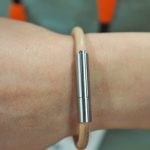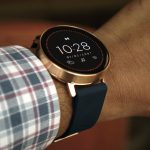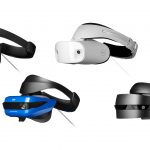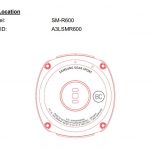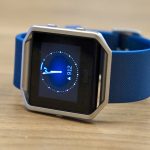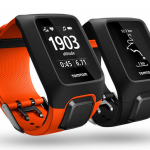Intel moves away from wearables after Basis Peak failure
Intel moves away from wearables after Basis Peak failure

Intel may be in the process of drastically downscaling its wearable division, as it starts to curtail losses in several emerging markets.
The chipmaker has reportedly sent emails to staff in the New Devices Group (NDG), providing a brief of the situation. The email didn’t mention job losses, but unnamed sources claim Intel will be downscaling the division. The extent of the downscale is not yet known.
See Also: Intel adds more AI brains with Nervana Systems acquisition
The firm has had trouble breaking into the wearable market in any capacity. Its efforts with Basis—which it acquired in 2014—haven’t produced results. Earlier this year the company recalled the Basis Peak, after failing to fix overheating issues. To inspire customer confidence, Intel offered a full refund to all Peak owners, costing the company a decent chunk of cash.
Efforts to sell processors to wearable manufacturers hasn’t seen much success either, Qualcomm commands the largest share of the market.
Not clear when Intel axe will fall
It is not clear what sections of the NDG division Intel plans to cut, we would assume the company wants to step back from actually manufacturing wearables and focus on selling components to manufacturers.
Intel has denied withdrawing from the wearables market. In a statement to TechCrunch, it said:
“Intel is in no way stepping back from the wearables business. In fact, we have several products in the works that we are very excited about, as well as prior launches that highlight our wearable technology such as the TAG Heuer Connected watch and recent Oakley Radar Pace smart eyewear.”
You can take from that what you will, we’ll keep an eye out on the next few weeks, to see what changes (if any) occur.
The post Intel moves away from wearables after Basis Peak failure appeared first on ReadWrite.
(19)




